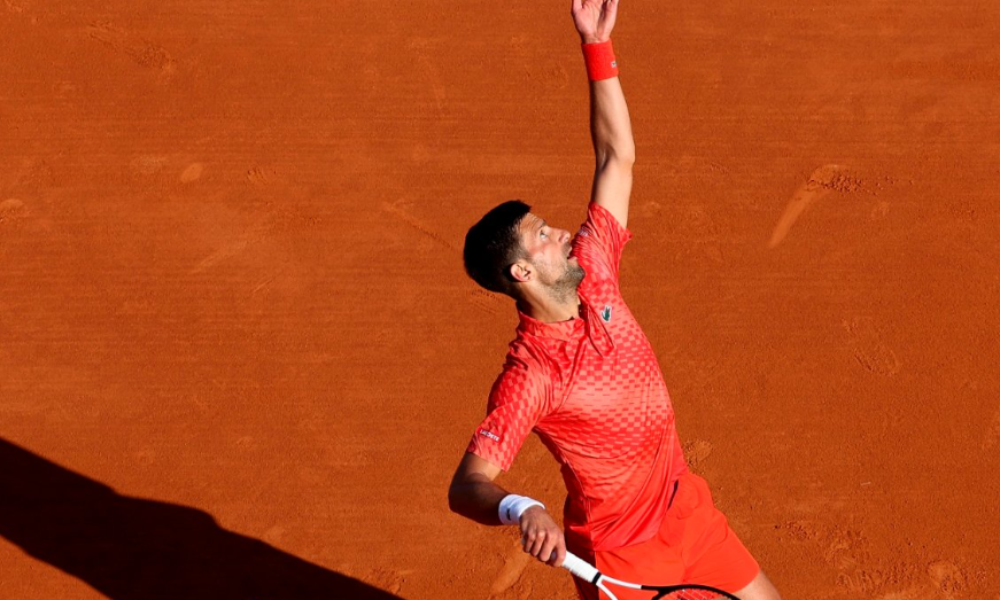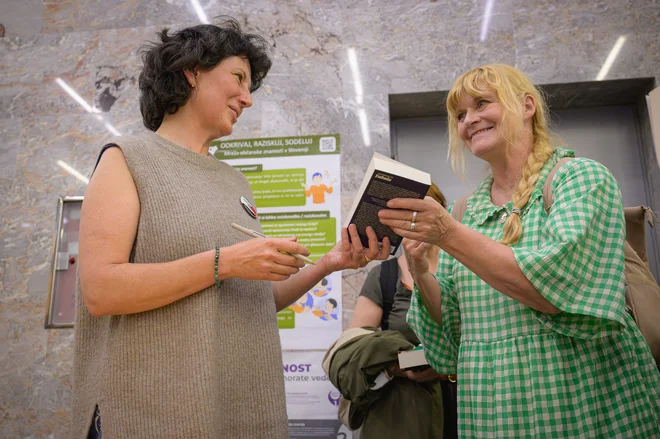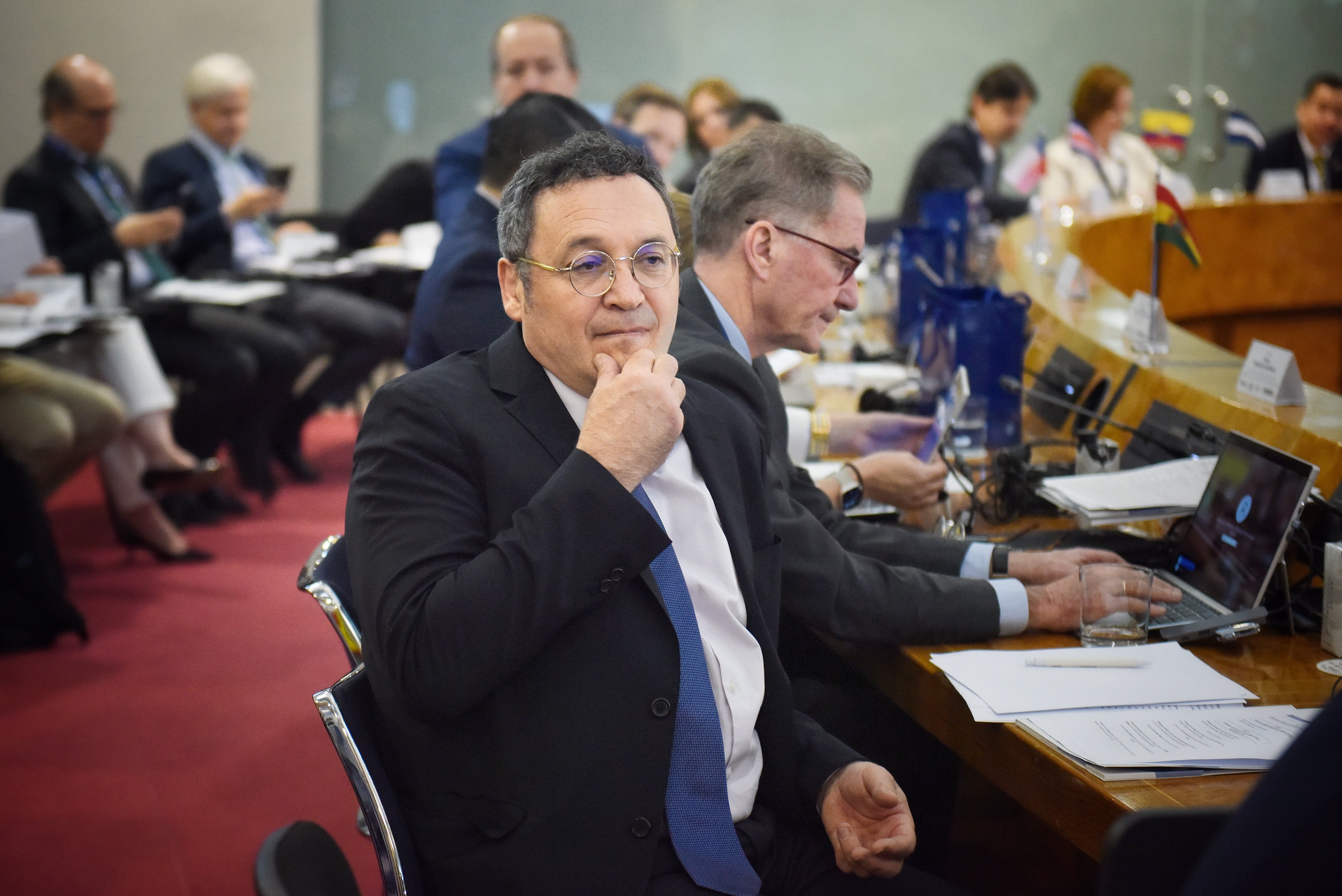Thanks to playmaker Frenkie de Jong, the Orange can at times compete again with the world top
/s3/static.nrc.nl/images/gn4/stripped/data129866246-bfde22.jpg|https://images.nrc.nl/ZHpB7H54Q4P71J1Mj_lHZRlc8iE=/1920x/filters:no_upscale()/s3/static.nrc.nl/images/gn4/stripped/data129866246-bfde22.jpg|https://images.nrc.nl/DonrhU5yIvAvFRdIlq3mu7ROyAs=/5760x/filters:no_upscale()/s3/static.nrc.nl/images/gn4/stripped/data129866246-bfde22.jpg)
It is shortly after the break, in the home game against Spain, when Frenkie de Jong stops sprinting abruptly. He is the first to see it that on the left on the sideline defender Virgil van Dijk will win the game with an opponent, after a long ball from the Spanish defense. While all the other players around De Jong go through a few more steps, he is already turning around for a quick counter -strike.
Once at the ball, Van Dijk plays in, there is now a huge hole for De Jong. He speeds up, seeks the confrontation with Fabián Ruiz. As soon as the midfielder enters, De Jong quickly shifts the game to the right, where Tijjani Reijnders is now completely free due to his action. Eleven seconds later, Reijnders makes the 2-1, after a double combination with Jeremie Frimpong right winger.
Exactly this is what makes Frenkie de Jong so valuable for the Dutch national team, said national coach Ronald Koeman in the run -up to the double meeting with Spain, in the quarterfinals of the Nations League. The FC Barcelona inspector has ‘an acceleration in his game’, can suddenly start danger at apparently hopeless moments. And he is good at ‘walking short’ of an opponent, putting some pressure when someone comes to the ball.
Who could replace it?
In the two years that Koeman now, for the second time, is the national coach of Orange, he could hardly benefit from it. De Jong played four international matches in 2023, then he sustained several ankle injuries. The last ankle quacks forced him for the European Championship last summer.
Koeman has a nice alternative for many players. Now that Stefan de Vrij is freely injured, he opts against Spain Centrally in the back for an unperturbed Jan Paul van Hecke. After the sudden unsubscribe of Ryan Gravenberch, Koeman Reijnders brought back, and immediately put the mobile Justin Kluivert behind the attack. But De Jong replaced? By whom?
Jerdy Schouten showed himself a great replacement last year, but he was rarely able to tilt a stiff game. Without De Jong, Orange played extremely erratic, sometimes even very moderate. At the European Championship, but also afterwards, in the group stage of the Nations League.
The Orange put poorly busy, had no rest in possession of the ball, was often shot down and sloppy in the fit. Players who play at top level at their club often lost lost. Like out against Germany, October last year, when, according to Koeman, the Orange was « a mess. » But also at home against Hungary, despite the broad victory (4-0), it was also a « wonder » that there were no gooses.
With so many vulnerabilities, Spain is a particularly dangerous opponent. The team of trainer Luis de la Fuente is already ruthlessly putting opponents on the field under pressure, continuously looking for the attack. Offensive midfielder Pedri always roams between the lines. Fabián Ruiz, next to him, can release teammates in one fell swoop with splitting passes.
There are also opportunities in that game, Koeman analyzed before the start. If the bright pressure of Spain managed to play football, there would be plenty of room. In De Kuip, Thursday, it works very nice after a rough first fifteen minutes. De Jong plays a key role in this, as the first point of contact for almost everyone around him. He always offers himself, and then to bring peace to the game. He emphatically prevents the Orange from seeking the attack too quickly and immediately loses the ball.
But if he detects a possibility, De Jong acts at lightning speed. Such as when Spain plays the ball after fifteen minutes. De Jong sees that Pedri gives him too much space, gets the ball from backwards, and immediately turns towards the goal. He rushes to the other two midfielders, then fails and plays through the mini -mate that they leave Kluivert. The attack is not running out, but for the first time that evening there is something of self -confidence to be seen at Oranje, after a quick backlog.
He coaches fellow players
It is also striking how emphatically De Jong is involved with the players around him, also tries to encourage them to achieve better performance. He constantly calls them something or gestures. Such as when he kluivert and striker Memphis Depay to be patient, and not by hunting the last defenders. Or when he lures a Spanish midfielder away with a sprint, and at the same time gesturing to a fellow player: that is the space.
How crucial his input is becomes clear when the Spanish national coach announces his approach for the second meeting. De Jong gets two new opponents: with Dani Olmo, De la Fuente opts for an attacking midfielder who runs much more than Pedri, with Mikel Oyarzabal for a striker who regularly sinks so far that he is also in midfield. De Jong forces that constant movement to make choices, especially if the central defenders behind him do not cover him.
/s3/static.nrc.nl/images/gn4/stripped/data129866213-cfef92.jpg|https://images.nrc.nl/Y-csdZul4VNMTh9dOtZs-OkfHrw=/1920x/filters:no_upscale()/s3/static.nrc.nl/images/gn4/stripped/data129866213-cfef92.jpg|https://images.nrc.nl/6LO69lcGdesxEODJvyQ7Sd52Gnw=/5760x/filters:no_upscale()/s3/static.nrc.nl/images/gn4/stripped/data129866213-cfef92.jpg)
After Spain comes to 1-0, the home team changes their approach. The team that is known for its infinite altitude mud now leans back and lurks on an outbreak. The Orange also has to adapt to it – De Jong takes the initiative there. He regularly lets himself sink so deeply in possession that he stands behind his central defenders. With that he lures his opponents away from midfield, creating room for others.
In retrospect, Koeman says that these duels against Spain – the Netherlands is being eliminated after a penalty series – perhaps the best in his second term as a national coach so far. A hopeful observation, more than a year before the World Cup: Orange can participate in the world top at times. But the conclusion is that much depends on the form and the physical condition of a playmaker that is almost irreplaceable.

/s3/static.nrc.nl/images/gn4/data133306995-b21914.jpg)
/s3/static.nrc.nl/wp-content/uploads/2025/06/07043854/ANP-426099410.jpg)
/s3/static.nrc.nl/images/gn4/stripped/data133212332-41b949.jpg)



